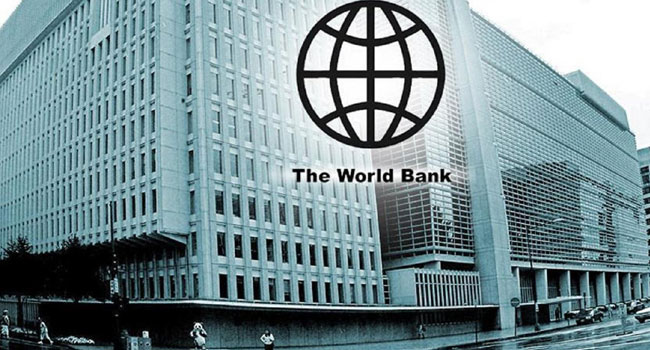The World Bank announced on Thursday that the Federal Government’s ₦5,000 cash transfer initiative had minimal impact on household consumption and financial inclusion.
This insight was detailed in the latest report from the apex bank’s financial institution, titled “Beta Don Come: Effects of Cash Transfers on Women and Households in Nigeria,” which was acquired by Channels Television.
The report highlighted that the intervention also had limited effects on employment, particularly among women.
Referring to the 2016 cash transfer program, initiated when the federal government launched the National Social Safety Nets Project (NASSP), the report stated that households were provided with a cash transfer of ₦5,000 disbursed as a lump sum every two months.
According to the report, payments were issued to each household’s primary caregiver, primarily women.
Nevertheless, the report suggested the necessity for supplementary livelihood assistance to accompany the intervention, aiming to generate sustainable enhancements in households’ self-sufficiency.
“Program participation improved several dimensions of households’ and women’s welfare over time,” the report reads.
“Households in communities that entered the program earlier experience larger increases in household savings and food security, along with increased access to farmland and livestock ownership, compared to similar households in communities that entered the program later.
“We also find improvements in caregivers’ self-reported happiness, decision-making autonomy over how to spend their own income, and freedom of movement.
“Positive impacts appear to primarily result from the saving mobilisation component of the program.
“Households are substantially more likely to save the longer they have been receiving cash transfers and to switch away from exclusively using cash for household consumption.
“However, in contrast to these strong positive impacts, we do not find any statistically significant effects on overall household consumption or on caregivers’ employment and financial inclusion.”
The World Bank also said despite the efficacy of the CCT programme, there is no evidence of “the impacts of participating in the program at all”.
“We find positive effects on households’ saving, food security, and economic activity along with increased caregivers’ decision-making autonomy and physical mobility associated with participating in the project for longer periods of time,” the report added.



